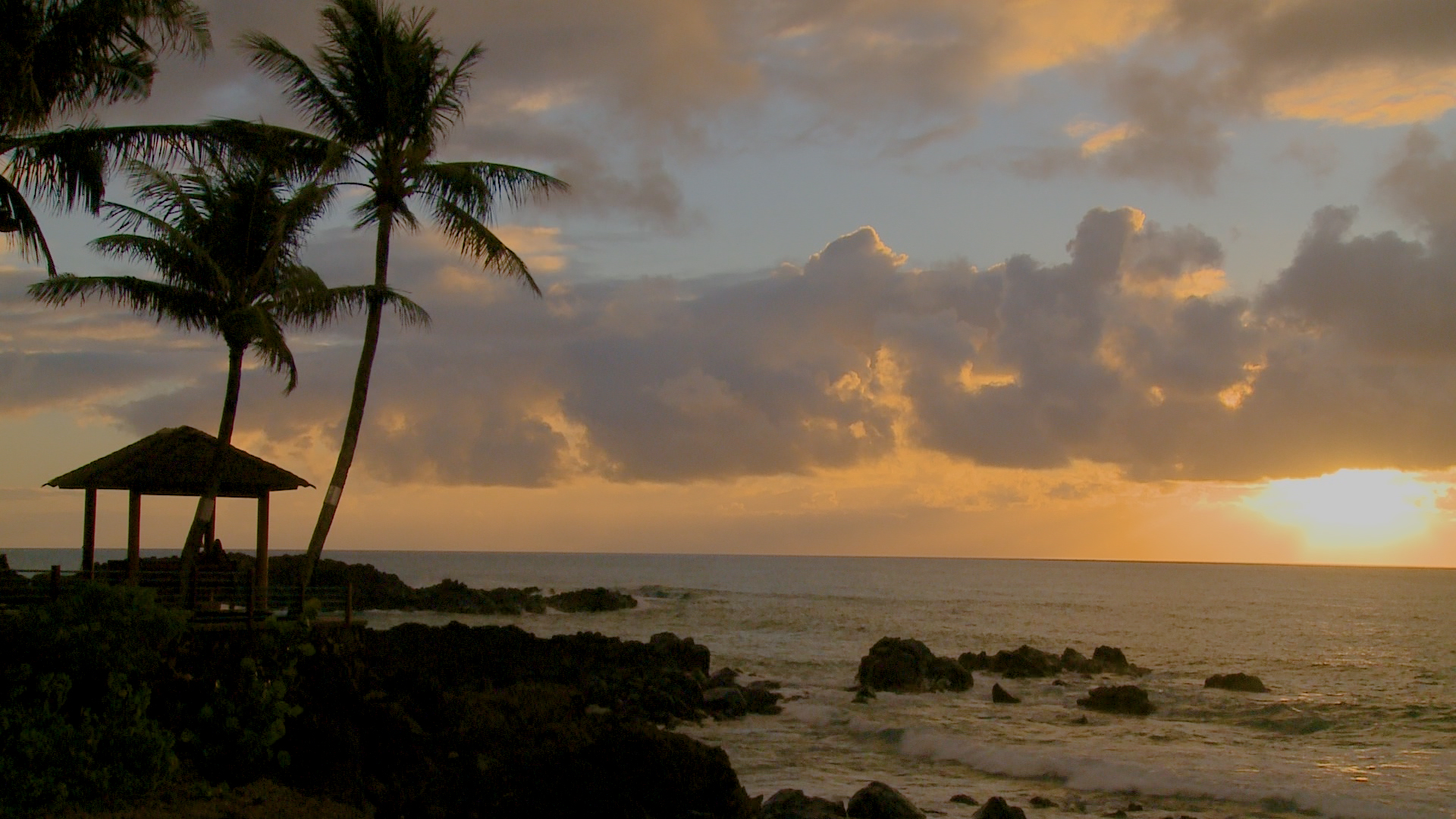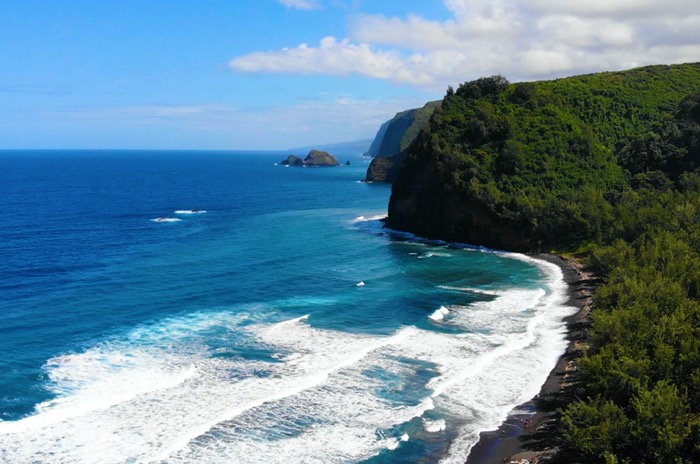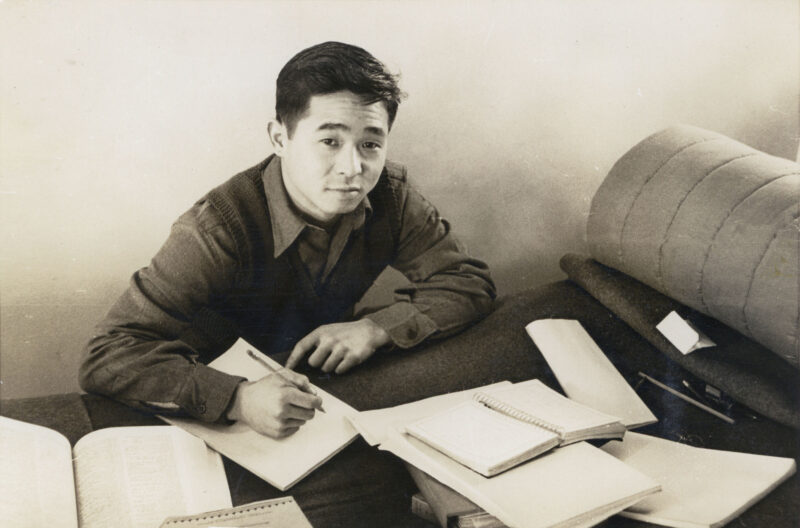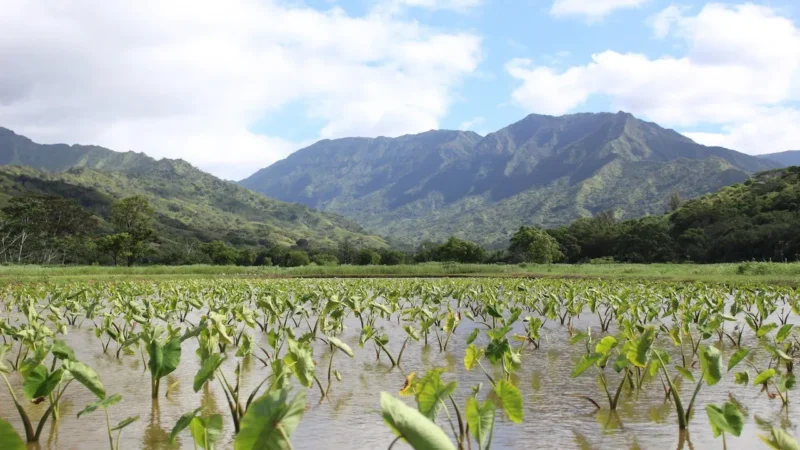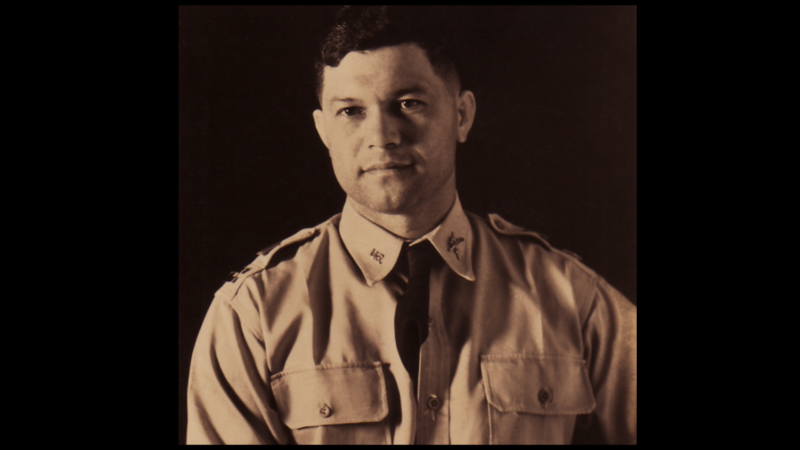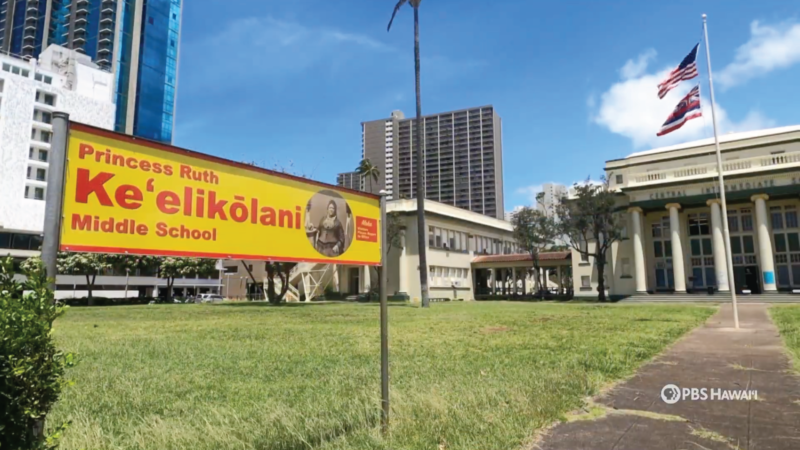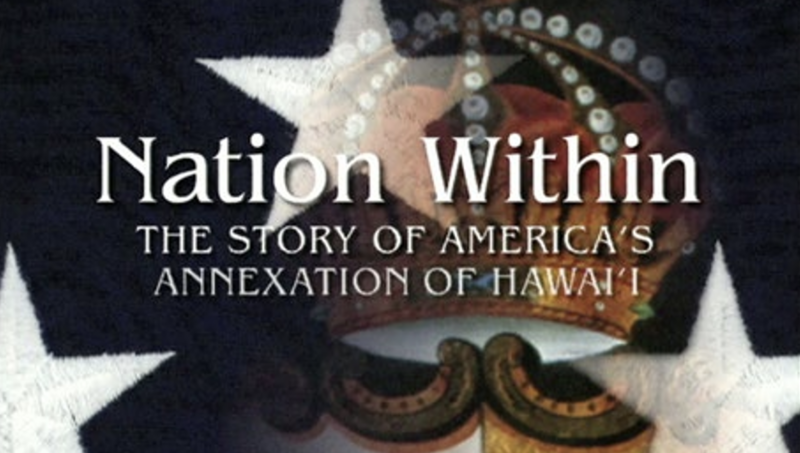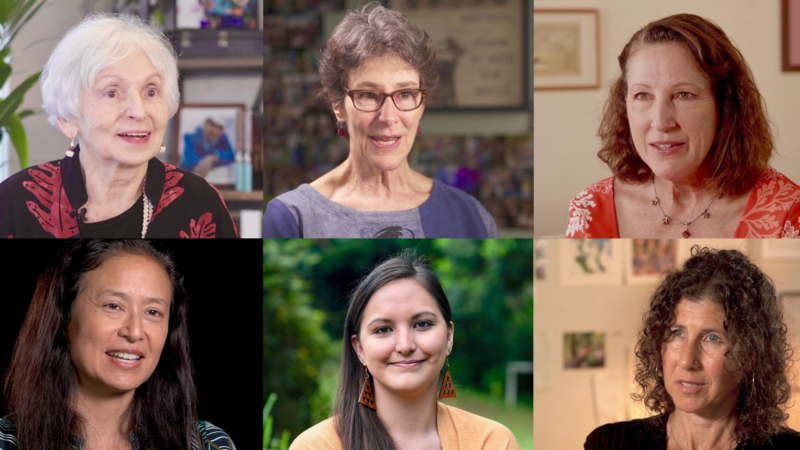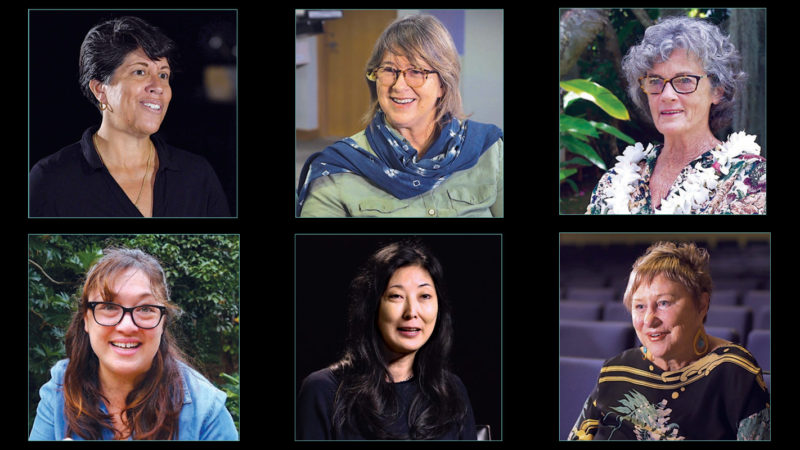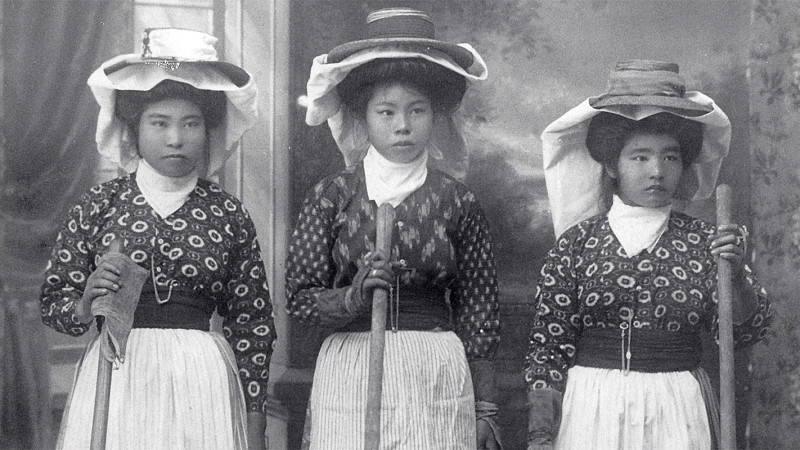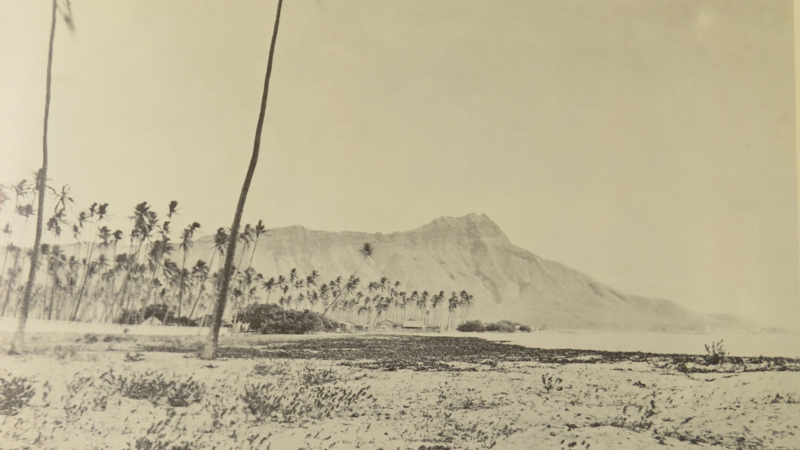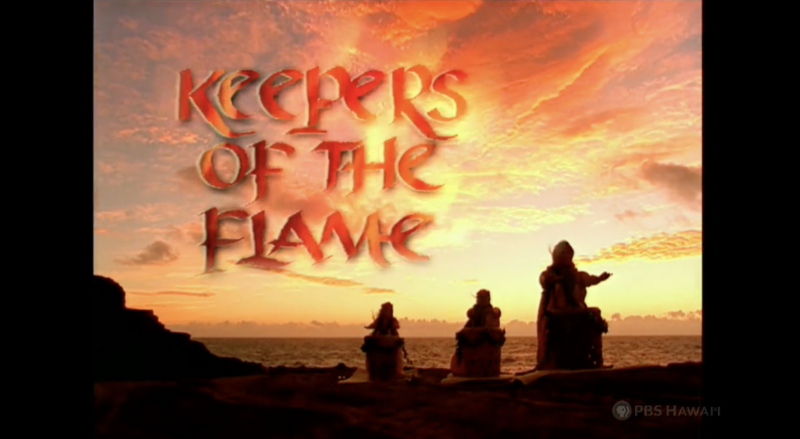Kazuo Yamane and the Nisei Soldiers of Hawaiʻi tells the story of a Japanese American who played a crucial strategic role in World War II.
Homegrown Hawaiʻi investigates why Hawaiʻi imports an estimated 85 to 90 percent of the food consumed here and asks, "Can we reverse this?" Farmers and ranchers from all four counties and reveal the risks, challenges and rewards of farming and ranching in Hawaiʻi. Directed, shot and edited by Lynn Beittel of Visionary Video.
Enjoy this encore showing of Homealani, a 2012 documentary by Hawaiʻi filmmaker Ann Marie Kirk. The film profiles her grandfather, Oliver Homealani Kupau, who was born in Hauʻula, Windward Oʻahu in 1899, a year after the illegal annexation of Hawaiʻi by the United States. The film shares her grandfather's journey through Hawaiʻi's cultural transition from indigenous to western while never forgetting his Native Hawaiian roots.
"Ke‘elikōlani" follows the name change of Central Middle School in downtown Honolulu to Princess Ruth Ke‘elikōlani Middle School. It explores the royal history of the campus and its links to the Native Hawaiian princess it is now named after.
In 1998, a locally-made film exposed what Native Hawaiians had written, talked and sung about for a century: the true story of how and why Hawai‘i became part of the United States.
The locally produced film series Reel Wāhine of Hawaiʻi 2 showcases women filmmakers who are preserving and perpetuating our Island culture and history. The series profiles women who helped build the local independent film industry, as well as current filmmakers who are at the top of their field.
Reel Wāhine of Hawaiʻi 1 is an hour-long compilation of six locally produced short films that tells the stories of Hawaiʻi-based women filmmakers, taking them from behind the camera to out in front.
This film tells the story of music teacher Harry Urata, and his efforts to record, preserve and perpetuate the musical oral histories of Japanese immigrants who worked in Hawai‘i’s sugarcane fields in the late 19th and early 20th centuries. Through their canefield songs, or holehole bushi, these women sang about their joys and sorrows of trying to start life in a new world.
Kai Piha: Kaʻahele Ma Waikīkī takes viewers on a historical tour of Waikīkī's surfing history, the history of our kūpuna and aliʻi who lived there and who loved Waikīkī. Navigating this journey is waterman, historian and author John Clark.
Keepers of the Flame: The Cultural Legacy of Three Hawaiian Women is a tribute to three Hawaiian women whose lives spanned the 19th and 20th centuries: Hawaiian historian and author, Mary Kawena Pukui; dancer and chanter, ‘Iolani Luahine; and kumu hula and teacher, Edith Kanakaʻole. This story reveals the power of their commitment to Hawaiian culture and values and the ways their influence is still felt today.


